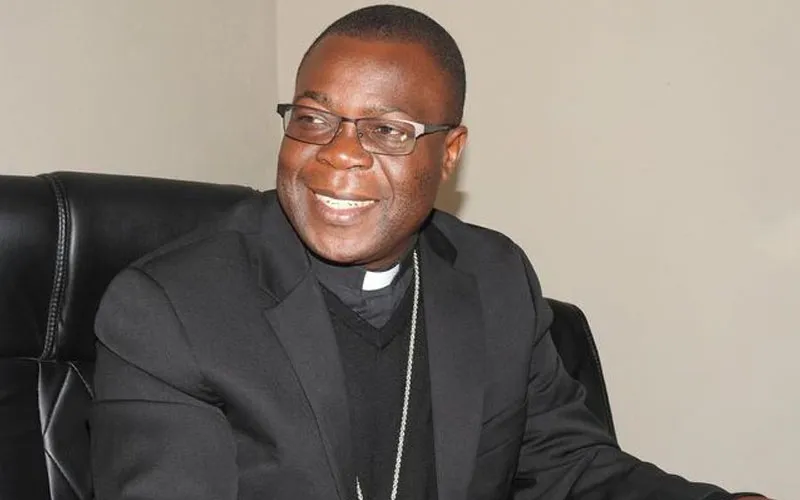Lusaka, 12 February, 2021 / 6:11 pm (ACI Africa).
The Bishop of Zambia’s Mansa Diocese has, in an audio message, called on the authorities in the Southern African country not to lose sight of other diseases including malaria, HIV, and noncommunicable diseases (NCDs) amid COVID-19 challenges.
In the audio message released on the 29th anniversary of the World Day of the Sick, Thursday, February 11, Bishop Patrick Chisanga, however, expresses gratitude to health care providers across the country for their “generosity and selfless service” in the face of COVID-19.
“It is necessary that we look beyond the COVID-19, which has naturally taken centre stage, and remember there are many, many other diseases among us that have continued to cause immense suffering to our people including taking their lives,” Bishop Chisanga say.
He adds, “Let the health system not lose sight of malaria, for example, which is still a huge threat to the lives of many especially children.”
“There are still many people who are suffering from HIV and there are many non-communicable diseases such as hypertension and diabetes,” says the Zambian Bishop who doubles as the Director of Health in the Zambia Conference of Catholic Bishops (ZCCB).








